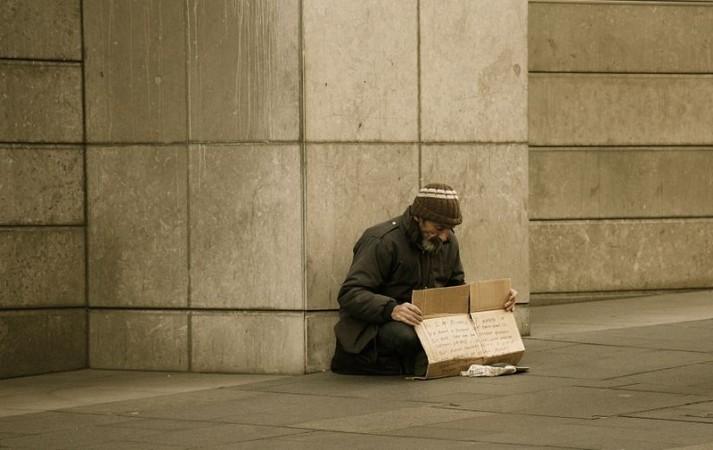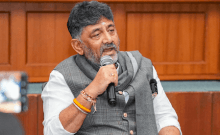
Being poor is not a choice but a circumstance. While the US government has been spending over $400 billion a year to control poverty in the country, there is still a lot that needs to be done for uplifting those living on the threshold.
The War on Poverty, which former President Lyndon B. Johnson launched on 8 January 1964, in his State of the Union address, might not have been entirely successful but it was also not a complete failure. Despite the scepticism, the anti-poverty programs did keep 25 million people out of poverty in 2010, according to the Center on Budget and Policy Priorities.
America's official poverty rate, which the US Census Bureau notes, has remained unchanged at 15 percent in 2012 but was well above 12.5 percent in 2007. The 15 percent living in poverty, which roughly translates to 46 million American poor, reflects a society that needs more than just food stamps.
There is a big irony in the way the census classifies the poor and, also the bitter truth of, the working middle class, who despite everything still fall under the threshold.
The irony of the American poor:
* Roughly 46 million people, which is about 15 per cent of the American population, as per the Census report has lived below the official poverty line in 2011. However, some 10.4 million are considered part of the 'working poor', which basically means they spent at least half the year working or looking for work but still fell below the poverty level.
* Despite having full time jobs, about 4.4 million Americans were classified as working poor in 2011. This means about 4 per cent of Americans with a full time job live in poverty.
* The census also classifies 14 per cent of part-time workers as working poor.
* In the 1960s, the most vulnerable population were above the age of 60 to 65 but in today's America it's the 18 year olds, who are forced to live in poverty.
* Now based on the 2011 poverty threshold data, if we are to define poor, a family - with two adults and two children under 18 - whose total income is $22,811 will not be considered poor. But the family will be considered poor, if they make $22,810, and they will be entitled to government benefits.
In 1964, when Lyndon Johnson gave the call to Congress to join in to launch the War on Poverty, he had specifically stated to "strike at the causes, not just the consequence" of poverty in American. But the war is still far from over, even as trillions of dollars are being spent, the work of guaranteeing equal opportunity and public participation in the nation building is far from over.

















